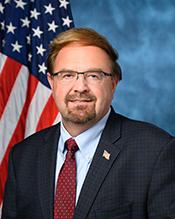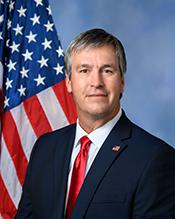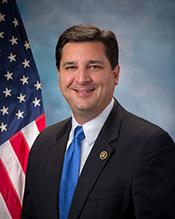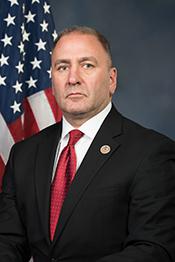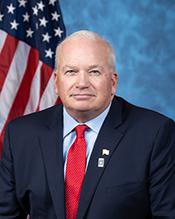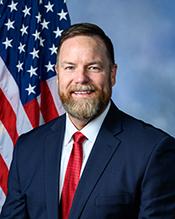9
Equal Representation Act
12/4/2025, 9:06 AM
Summary of Bill HR 151
In addition to the citizenship question, the bill also calls for reporting on certain census statistics, although the specifics of what these statistics entail are not clearly outlined in the bill. This reporting requirement could potentially provide valuable data on the demographics of the US population, but critics argue that it may also be used to target specific groups or communities.
One of the most controversial aspects of the bill is its proposal to modify the apportionment of Representatives based on United States citizens instead of all persons. This would mean that only citizens would be counted when determining the allocation of seats in the House of Representatives, potentially disenfranchising non-citizens and altering the political representation of certain states and communities. Overall, Bill 119 hr 151 raises important questions about the role of citizenship in the census and the apportionment of political power in the United States. Supporters argue that it is necessary to ensure accurate representation and protect the rights of citizens, while opponents raise concerns about potential discrimination and the exclusion of certain groups from the political process. The bill is currently under consideration in Congress, and its fate remains uncertain as lawmakers continue to debate its implications.
Congressional Summary of HR 151
Equal Representation Act
This bill requires any questionnaire used in the decennial census to include a checkbox or other similar option for respondents to indicate whether the respondent and each household member is (1) a U.S. citizen, (2) a U.S. national but not a citizen, (3) a non-U.S. national (alien under federal law) lawfully residing in the United States, or (4) a non-U.S. national unlawfully residing in the United States.
The Department of Commerce must make public the number of persons in each state, disaggregated by each of these four categories.
The bill also requires that the statement sent by the President to Congress indicating the number of persons in each state (related to the reapportionment of U.S. Representatives) exclude noncitizens.
Read the Full Bill
Current Status of Bill HR 151
Bipartisan Support of Bill HR 151
Total Number of Sponsors
1Democrat Sponsors
0Republican Sponsors
1Unaffiliated Sponsors
0Total Number of Cosponsors
326Democrat Cosponsors
0Republican Cosponsors
326Unaffiliated Cosponsors
0Policy Area and Potential Impact of Bill HR 151
Primary Policy Focus
Government Operations and PoliticsPotential Impact Areas
Alternate Title(s) of Bill HR 151
Comments

Lana Coleman
10 months ago
This bill is so sad.

Ariya Dickerson
11 months ago
This bill is a total joke.
